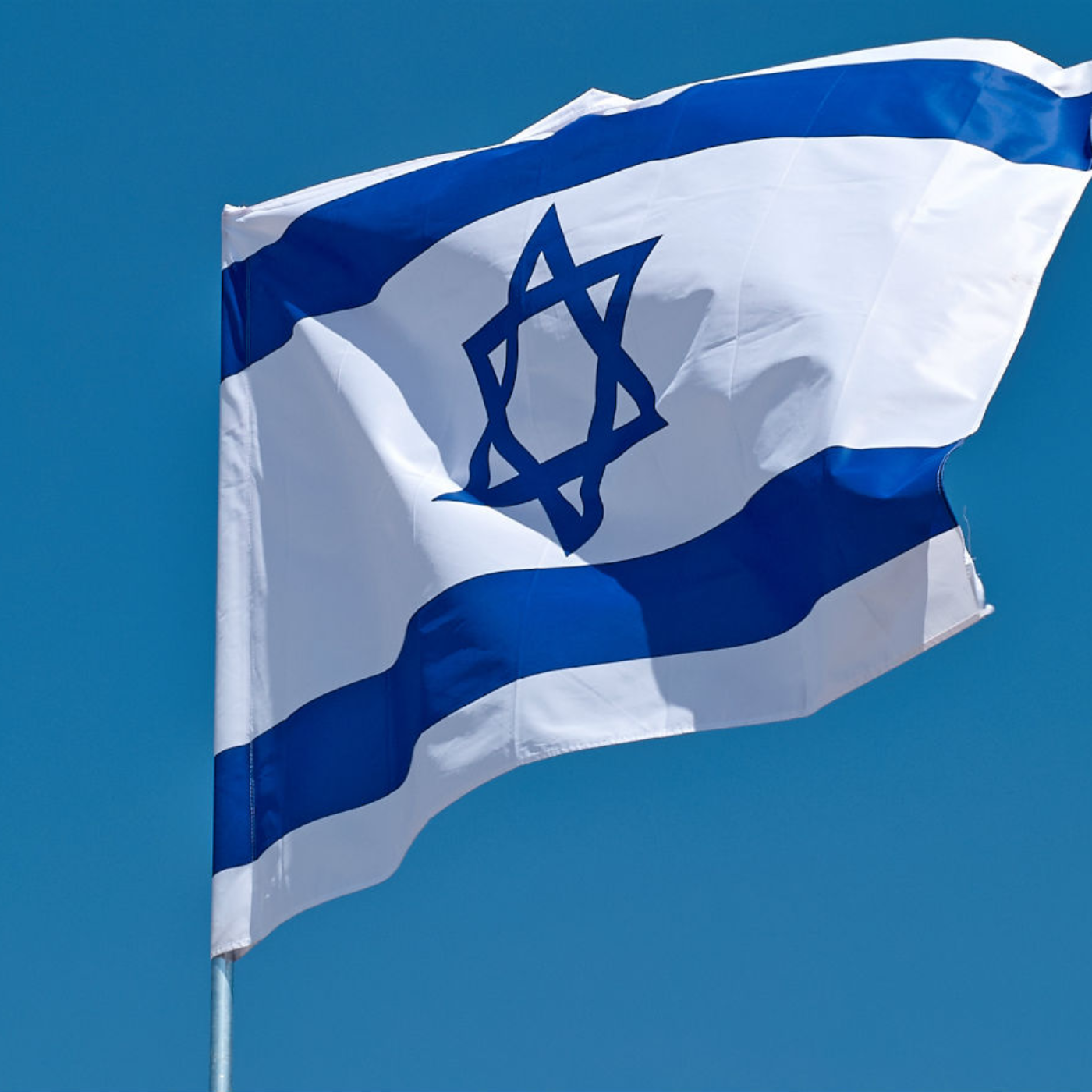Whose Land Is It? Part 1
Pastor Wes Denham
In his sermon, “Whose Land Is It? Part 1,” Pastor Wes explores the biblical and theological significance of the land of Israel. He begins by referencing Genesis 12, where God calls Abram to leave his homeland and promises him a significant inheritance, which includes the land of Canaan. Pastor Wes emphasizes that this promise is foundational to understanding the ongoing conflicts and claims over this land, particularly between Israelis and Palestinians.
Throughout his sermon, Pastor Wes also draws upon additional scriptural references to illustrate God’s continued involvement with His chosen people. He discusses the prophetic implications of these scriptures, asserting that current events in Israel and its disputed territories are fulfillment of biblical prophecies. Notable references include Genesis 12:1-4, where God’s covenant with Abram is established, and Genesis 17, where the covenant is reaffirmed with Abraham and extended through his son Isaac, excluding Ishmael.
Pastor Wes highlights that understanding these scriptural narratives is crucial for Christians to comprehend the spiritual and worldly significance of Israel. He calls for believers to critically consider these biblical texts to better understand the divine perspective on the land and its people, asserting the importance of scriptural guidance in current affairs.

In his sermon, “Whose Land Is It? Part 1,” Pastor Wes discusses the biblical significance of the land of Israel, referencing Genesis 12 and 17. He explains God’s covenant with Abram, promising him the land of Canaan, a promise foundational to understanding current conflicts over this territory. Pastor Wes underscores the prophetic implications, suggesting that contemporary events in Israel are fulfillments of these promises. He emphasizes the importance for Christians to understand these scriptures to grasp the spiritual and worldly significance of Israel, encouraging critical engagement with biblical texts to comprehend divine perspectives on the land and its people.


